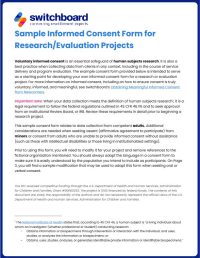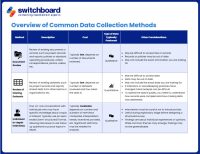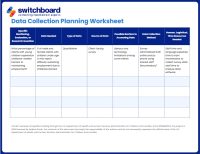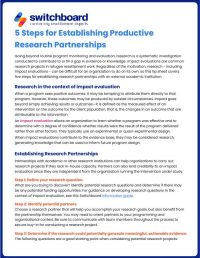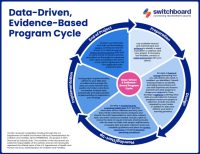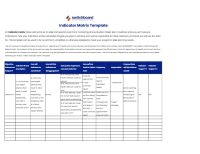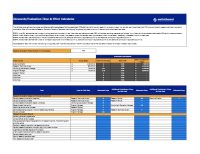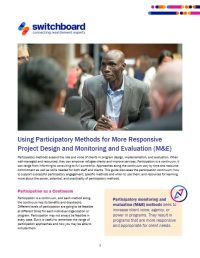Meaningful informed consent entails more than a participant’s signature on a consent form. The steps that we take for obtaining consent are crucial to safeguarding participants’ dignity, autonomy and well-being, especially when collecting data from vulnerable populations. This template is intended to serve as a starting point when developing a consent form for a research […]

